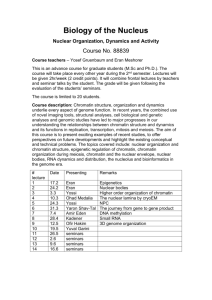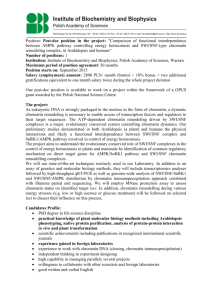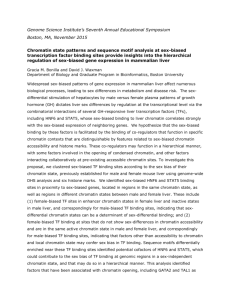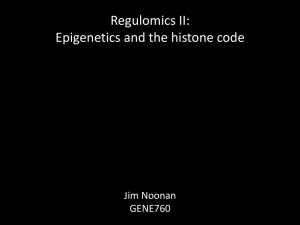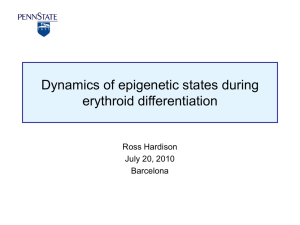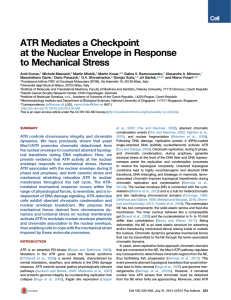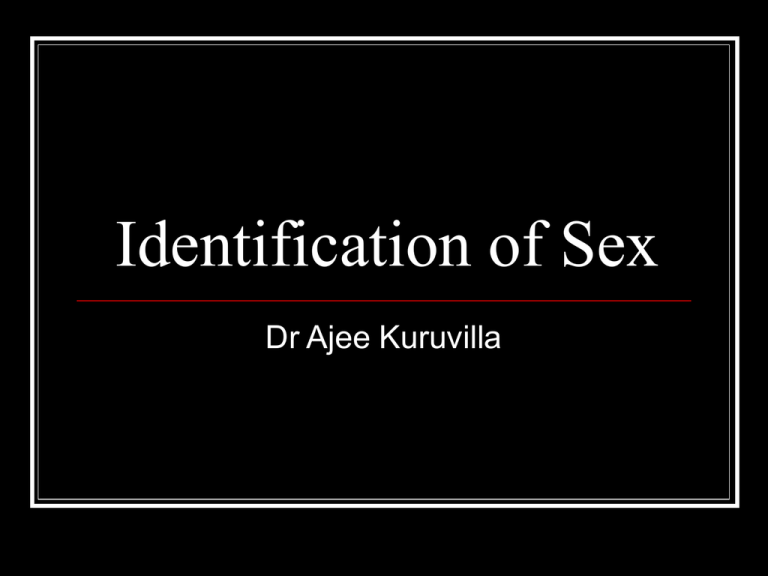
Identification of Sex
Dr Ajee Kuruvilla
Most certain evidences:
Presence of testis in males & ovaries in
females.
Shown by ejaculation & menstruation
respectively after puberty in males &
females.
Highly probable evidences:
Females: Presence of breast, vagina,
appropriate muscular development,
absence of moustache, beard, chest hair.
Males: Absence of breast tissue,
appropriate muscular development,
Presence of penis, moustache, beard,
chest hair.
Presumptive evidence
Face
Dress
Costume
Hair
Voice
inclination for opposite sex etc.
NUCLEAR SEXING
The sex can be determined by studying the
presence of:
Barr bodies
Davidson’s bodies and
‘Y’ chromosomes.
Barr bodies (Sex Chromatin)
It is plano convex nuclear condensation seen at the inner
surface of the nuclear membrane.
In females more than 40% of nuclei of buccal mucosa contain
chromatin body (chromatin positive),
in males only less than 10% of nuclei contain chromatin body
(chromatin negative).
The ideal tissues to study Barr bodies are buccal mucosa,
skin, smooth muscle and cartilage.
Medico Legal Importance: To differentiate between males &
females
Davidson body
In females, upto 6% of polymorphic
W.B.C’s (i.e. neutrophils and eosinophils)
show a thin stalked drumstick like
projection at the periphery of the nucleus.
This is absent in males.
Y- Chromosomes:
The ‘Y’ Chromosomes present in males are
fluroscent for the dye Quinacrine
dihydrochloride.
Blood stains, cartilage, bone marrow, teeth
pulp and hair root pulp can be used as
specimens.
INTERSEX STATES
These are the conditions wherein both male and
female characters coexist in varying degrees in
the same individual.
Gonadal agenesis – gonads (either ovaries or
testes) fail to develop. The nuclear sex is
chromatin negative.
Gonadal dysgenesis – External genital organs
are present, but the testes or ovaries fail to
develop at puberty.
Gonadal dysgenesis
Klinefelter’s syndrome
Turner’s syndrome
Klinefelter’s syndrome
Anatomical structure in male,
but the nuclear sexing is female (chromatin
positive).
The chromosomal pattern is 47XXY.
Usually undiagnosed till puberty.
Klinefelter’s syndrome
Testes are small & firm in consistency, aspermia, No
semen, Hyalinised testis (histologically).
Gynaecomastia is usual finding.
Sexual Euinacioidism
(long arm& legs, scanty public hair growth. may not have
hair growth over face)
The person is usually tall with long slender arm’s & legs,
scanty or absent facial hair, axillary hair and pubic hair, thin
voice (Sexual Euinacioidism).
Turner’s syndrome
Anatomical structure is female
nuclear sexing is male (chromatin
negative).
The chrosomal pattern is 45 XO.
Turner’s syndrome
. The person is usually of short stature. There is
lack of development of secondary sexual
characteristics associated with primary
amenorrhoea, grossly undeveloped breast with
widely spaced nipples, scanty public & axillary
hair, infantile tubes and streak ovaries (no ovarian
follicle, contains fibrous tissue). Congenital
anomalies like Web neck, cubitus valgus,
coarctation of aorta, osteoporosis, renal
abnormalities, red green colour blindness.
True hermaphroditism
A rare condition, where in external
genitalia may be of both sexes, but
internally there is presence of both testes
& ovaries and ovotestes.
Pseudohermaphroditism
External characteristics of one sex, with
gonads of opposite sex
Male pseudohermaphroditism:
Nuclear sex XY, sex organs & sexual
characteristic of female form
Female pseudohermaphroditism:
Nuclear sex XX, sex organs & sexual
characteristic of male form
Medico Legal Importance of sex:
Marriage, divorce, Nullity of marriage,
inheritance, rape, maternity, paternity,
employment, contesting for election & other
civil rights.
ACCURACY OF SEXING….KROGMAN
ENTIRE SKELETON… 100%
PELVIS & SKULL…….98%
PELVIS………………..95%
SKULL…………………90%
LONG BONES………..80%
PELVIS
MALE
BONY FRAME MASSIVE
FEMALE
LESS MASSIVE
INLET DEEP & NARROW
SHALLOW & WIDE
ILIUM LESS EXPANDED
MORE EXPANDED
ANTERIOR SUPERIOR
ILIAC SPINES NOT
WIDELY SEPARATED
WIDELY SEPARATED
SUPRA
PUBIC ARCH
NARROW (<70)
>90
ISCHIAL
EVERTED
TEBEROSITY
INVERTED
OBTURATOR
FORAMINA
TRIANGULAR
OVOID
GREATER
NARROW
SCIATIC NOTCH
WIDE
MALE
ACETABULA
AND DEEPER
FEMALE
WIDER
NARROWER
AND SHALLOWER
SACRUM
MALE
LONG AND NARROW
FEMALE
WIDE AND SHORT
WELL
LESS
MARKED
PROMONTORY
CURVE
IS EQUAL OVER
ENTIRE LENGHT
MARKED
CURVED
OF 3RD
BELOW THE CENTRE
S. VERTEBRA
SKULL
MALE
BIGGER
,HEAVIER, AND
MORE RUGGED.
FEMALE
LIGHTER, SMALLER ,AND
LESS RUGGED.
FRONTO
NASAL
ANGULATION DISTINCT
NOT
WELL MARKED
GLABELLA,SUPRAORBITAL
LESS
PRONOUNCED
RIDGES MORE PRONOUNCED
ORBITAL
OPENING- BIG
AND RETANGULAR
SMALL
AND ROUNDED
MANDIBLE
MALE
LOWER JAW MORE
MASSIVE
FEMALE
LESS MASSIVE
CHIN
POINTED
SQUARE
SYMPHYSEAL
RAMUS
ANGLE
HEIGHT MORE
MORE BROAD
EVERTED
HEIGHT
RAMUS
NOT
OR ROUNDED
LESS
LESS BROAD
EVERTED
THANK U....!!!!

